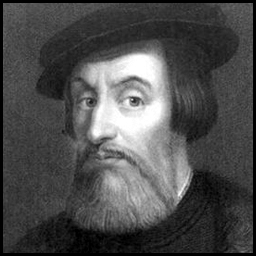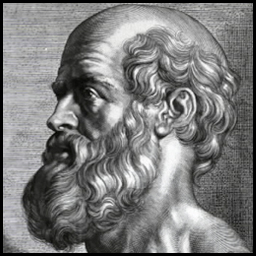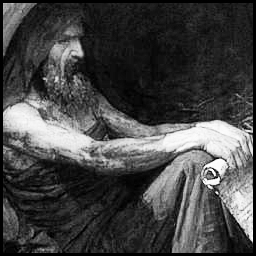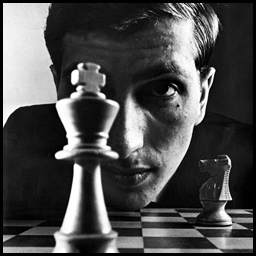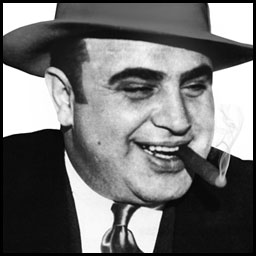a.k.a: Leonidas The Brave
Occupation: King
Born: circa 540 BCE
Died: 480 BCE
Brief Description:
Leonidas was the third son of Anaxandridas II of Sparta. His mother was his father’s niece and had been unable to bear children for so long that the King had to take a second wife. His second wife bore the king’s eldest son, Cleomenes. Shortly after however, his first wife gave birth to Dorieus and later to Leonidas.
Because Leonidas was not heir to the throne, he was not exempt from attending the agoge, which made him one of the few kings to have undergone the training.
(Sparta was an unusual city-state in that it had two kings simultaneously, coming from two separate lines, the Agiads and the Eurypontids. The agoge was the rigorous education and training regimen mandated for all male Spartan citizens, except for the firstborn son in the two ruling houses. Even though exempt however, they were allowed to take part if they so wished, which endowed them with increased prestige when they ascended the throne.)
After Anaxandridas’ death, Cleomenes ascended the throne but the spartans considered him insane and put him in prison where he committed suicide.
Leonidas then married Cleomenes’ daughter, Gorgo, and succeeded to the Agiad throne. (Dorieus had already died by then.)
In 481 BCE, he was chosen to lead the combined Greek forces to resist the Persian invasion and in August 480 BCE, he went out to meet Xerxes’ army at Thermopylae with a small force of 300 men. (Supposedly, the oracle at Delphi had predicted that Sparta would either fall to the Persians or mourn the death of a king.) Other Greek city-states joined Leonidas to form an army of 14,000. In contrast, Xerxes’ army consisted of over two million men according to Herodotus (but he’s known for exaggerating so take this with a pinch of salt).
Xerxes waited four days to attack, hoping the Greeks would disperse and eventually attacked on the fifth day. Leonidas and his men repulsed the Persians’ frontal attacks for two consecutive days and even killed two of Xerxes’ brothers. On the seventh day however, a Malian Greek traitor led a Persian general by a mountain track to the rear of the Greeks. At that point Leonidas sent away all Greek troops and remained in the pass with his 300 Spartans and a few hundred Helots and Thespians who refused to abandon him.
Now by this time the spears of the greater number of them were broken, so it chanced, in this combat, and they were slaying the Persians with their swords; and in this fighting fell Leonidas, having proved himself a very good man, and others also of the Spartans with him, men of note, of whose names I was informed as of men who had proved themselves worthy, and indeed I was told also the names of all the three hundred. – Herodotus
Why he’s on the list:
Of my favorite 50, Leonidas is perhaps the character that needs the least explanation as to why he’s on my list.
It should be pretty obvious and straightforward, but just in case you’re blind…
Leonidas embodies all the virtues of a charismatic leader (courage, respect, honor, loyalty, integrity, selflessness, etc.) even when challenged by insurmountable odds.
He and his men, through their valor and sacrifice, have set an inspirational example for all of Greece.
According to Plutarch, when someone told him: “Leonidas! How are you going with so few to risk with so many?”, he said: “If you think that I am going to fight by numbers, then the whole of Greece would be insufficient, for she is only a small part of the numbers of the Persians, but if I am going to fight by valor, then even this number is enough.”
And of course, as is usually the case, characters I like need to have that extra confidence/arrogance. =)
According to Plutarch (again), “When someone said to him: ‘Except for being king you are not at all superior to us’, Leonidas son of Anaxandridas and brother of Cleomenes replied: ‘But were I not better than you, I should not be king.'”

